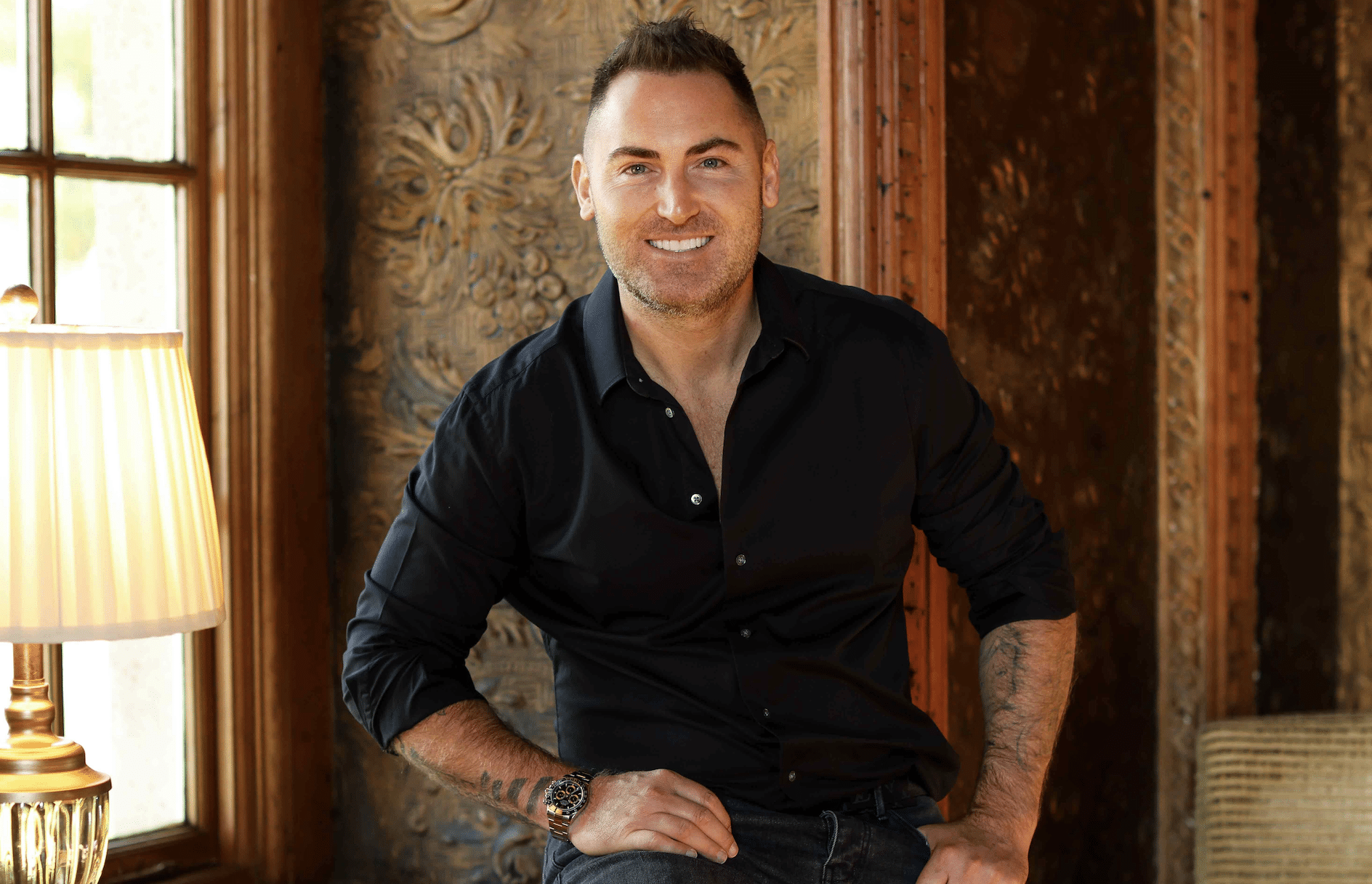Choosing the right business coach can be a game-changer for your business. Whether you’re looking to improve your leadership skills, enhance your business strategy, or achieve personal growth, a skilled business coach can provide the guidance and support you need. But with so many options available, especially in the UK, how do you ensure you’re making the right choice? The answer lies in asking the right questions. In this blog, we’ll guide you through the key questions to ask when selecting the perfect business coach.
Top Questions to Ask When Choosing a Business Coach
1. What is Your Experience in My Industry?
Industry-specific experience can be incredibly valuable. A coach with experience in your sector will have a deeper understanding of the challenges you face and can provide more relevant advice. Ask for examples of businesses they’ve worked with that are similar to yours.
2. Can You Provide Examples of Clients with Similar Goals?
It’s important to know if the coach has successfully helped clients who had similar goals to yours. Ask them to share specific examples or case studies of how they’ve assisted clients in achieving their objectives.
3. What is Your Approach to Business Coaching?
Every coach has their own methodology. Some may focus on strategy and execution, while others might prioritise mindset and personal development. Understanding their approach will help you determine if it aligns with your needs and expectations.
4. How Do You Measure Success in Coaching?
A good business coach should have clear metrics for measuring success. Whether it’s through improved financial performance, better leadership skills, or achieving specific business milestones, understanding how success will be measured is key to evaluating the effectiveness of the coaching.
5. What is the Structure of Your Coaching Sessions?
Coaching sessions can vary widely in structure. Some coaches may prefer in-person meetings, while others might use phone or video calls. Sessions can range from one hour to half a day, depending on the coach’s approach. Understanding the logistics and structure of the sessions will help you determine if they fit with your schedule and expectations.

6. How Do You Customise Your Coaching to Fit Individual Needs?
Every business is unique, and a one-size-fits-all approach rarely works. Ask how the coach tailors their sessions to address your specific challenges and goals. A personalised approach is more likely to yield better results.
7. What Are Your Expectations of Me as a Client?
A successful coaching relationship is a two-way street. Your coach will have expectations of you, just as you have expectations of them. Ask what they expect in terms of commitment, preparation, and participation. Understanding these expectations upfront guarantees that both parties are aligned and ready to work together effectively.
8. What is Your Availability and How Do You Communicate?
Clear and consistent communication is key to a successful coaching relationship. Ask about the coach’s availability and preferred methods of communication. Are they available for quick questions between sessions? Do they prefer email, phone calls, or video chats? Ensuring that their communication style matches your needs will help keep the coaching process smooth and effective.
9. Can You Share References or Testimonials from Past Clients?
Hearing directly from previous clients can provide valuable insights into what it’s like to work with the coach. Ask for references or look for testimonials on their website to get an idea of the coach’s reputation and effectiveness.
10. What is Your Fee Structure and Are There Any Additional Costs?
Understanding the full cost of coaching is essential to avoid any surprises later on. Ask about their fee structure, payment terms, and whether there are any additional costs for resources, assessments, or extended support.
Why These Questions Matter
These questions are designed to help you assess the compatibility between you and your potential business coach. Finding the right coach means finding someone who not only has the skills and experience but also aligns with your business values and goals. Asking these questions upfront can save you time and ensure that you choose a coach who will truly make a difference in your business journey.
Choosing a Business Coach in the UK
When selecting a business coach in the UK, consider factors like the local business environment and cultural nuances. It’s also worth looking into any UK-specific certifications or professional associations that can add credibility to the coach’s qualifications.
The Importance of a Trial Session
Before committing to a long-term coaching relationship, consider requesting a trial session. This allows you to experience the coach’s style, see how well you communicate, and determine if their approach suits your needs.
What to Look For:
- How well the coach understands your business.
- The quality of insights they provide.
- Their ability to challenge and motivate you.
Choosing the right business coach can significantly impact your business’s success. By asking the right questions and carefully considering your options, you can find a coach who not only understands your industry but also aligns with your goals and values. This partnership can lead to meaningful growth and lasting success.
Contact Matt Haycox today for expert advice and tailored coaching solutions. Let’s work together to take your business to the next level!





